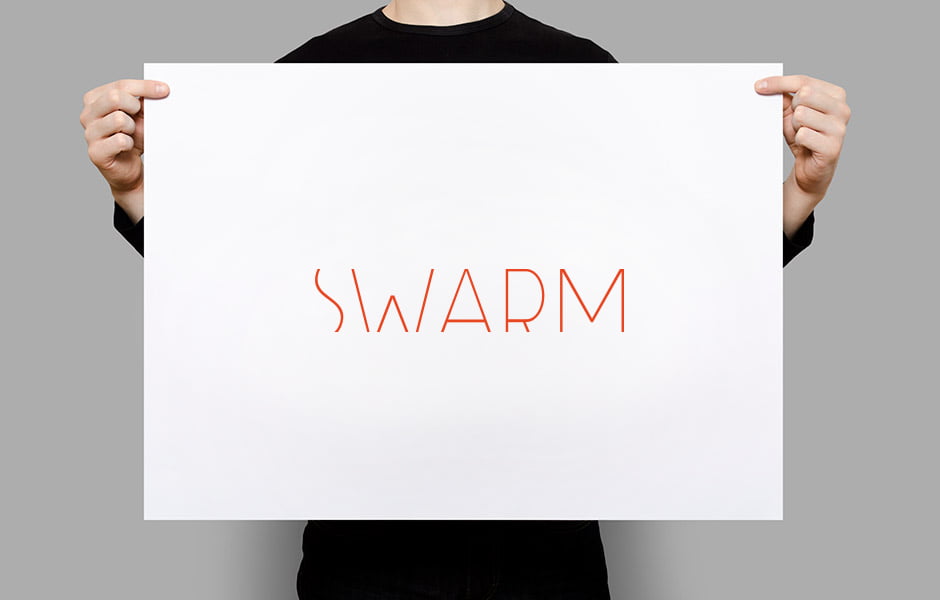“And he’s not surprised when I know how to use a saw”
is the line that the new Woodford Reserve ad should have used, and all would have been good and well. However, as a recent article in AdAge pointed out, a simple sentence can turn an entire campaign into a feminist barrage of outcries. Repeatedly, we are seeing these same companies miss the point on agency sexism altogether. Replacing the original phrase “and he doesn’t think it’s cute when I don’t know how to use a saw” with an empowering one “and he’s not surprised when I know how to use a saw” is all that is necessary, but lets look into this at a deeper level.
The Original Ad:
Script here:
“When I see a man drinking bourbon, I expect him to be the kind who could build me a bookshelf. But not in the way that one builds a ready-made bookshelf. He will already know where the lumber yard is. He will get the right amount of wood without having to do math. He will let me use the saw, and not find it cute that I don’t know how to use it.”
For a very long time I did not believe that Sexism was a real thing. It was one of these things people brought up to prove points because they lacked the conversational ability to argue otherwise. Then it slowly started making sense – whether it bothered me or not, women were perceived and unfairly treated differently than men. Though when so much of what we in society perceive as right and wrong comes from media, don’t brands now possess a responsibility to portray positive and empowering messages? Isn’t there a social responsibility to not portray stereotypes – for the sake of ourselves and those more impressionable?
The Good with the Bad
Don’t get me wrong, the new Woodford Reserve ads are intelligent, well targeted, atmospheric pieces of cinema. They reflect the new brand direction – the feeling of vacationing in the Hamptons, where everyone rides a prize winning horse, things are calm yet fun, the beach is everywhere. But this ad struck a nerve.
I drink Woodford. I’m a fan and a brand loyalist. Woodford has a sweetness I enjoy, just like I enjoy Macallan for its smoothness, but I also build bookshelves. Tools and saws are all things I can use—well. I also went to art school at Parsons School of Design and they taught us to build with wood. Does that make me unique in this skill set? No. I expect men to be able to use tools, and I expect women to be able to use tools. These are basic skills. However, the ad presented these skills as being gender specific.
Was this sexism?
That’s the wrong question to ask. In the world and time we live in now, we can easily look back half a century when there was a much deeper gender divide. It isn’t a question of whether it is sexist or not any more, it’s: can we empower people to be better? And by doing just that, we create positive and resonant brand relationships.To do that, Woodford’s agency failed. They flopped. They missed it all together. In fact so much so that Biba Konieczna, Brown Forman’s group Brand director said the following on AdAge in order to save some face.
“The whole line is about not patronizing the woman because she doesn’t know how to use the saw. It’s about men not finding it ‘cute’ the fact that she cannot use a saw.”
But that too misses the point, a creation from women doesn’t mean it is empowering to them, woman can be sexist too. Agencies, and their clients, need to be more intelligent about the way they create brand messages, in 2014 there’s no room for outdated thinking. Read more insight about this on: The New Yorker, Jezebel




